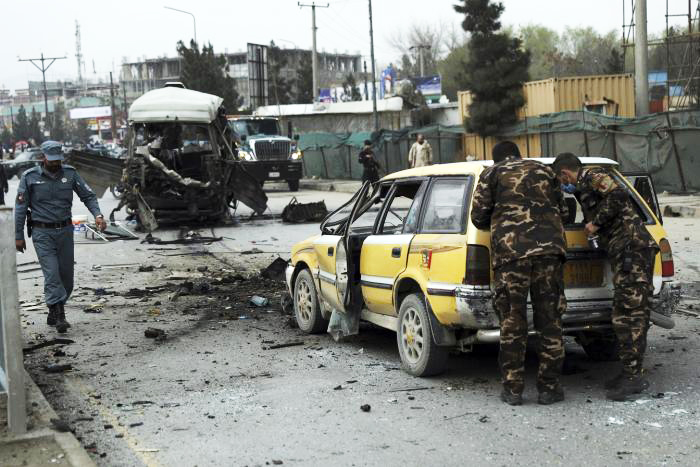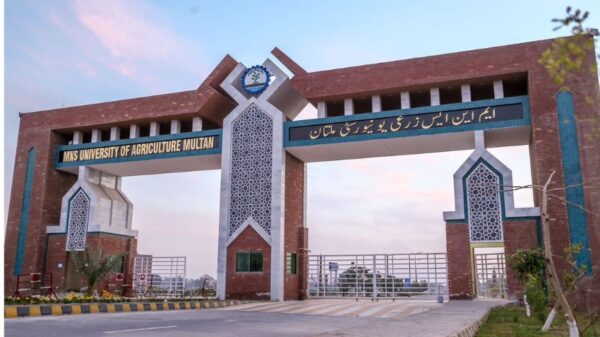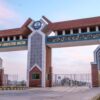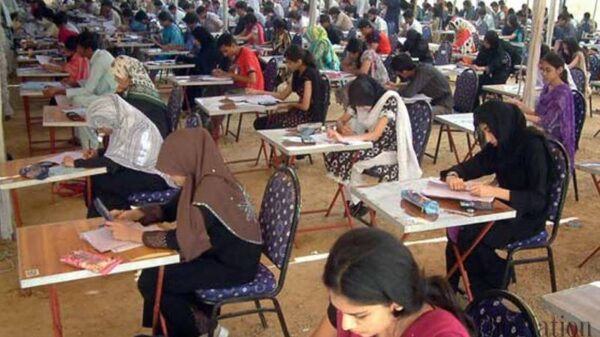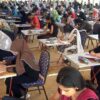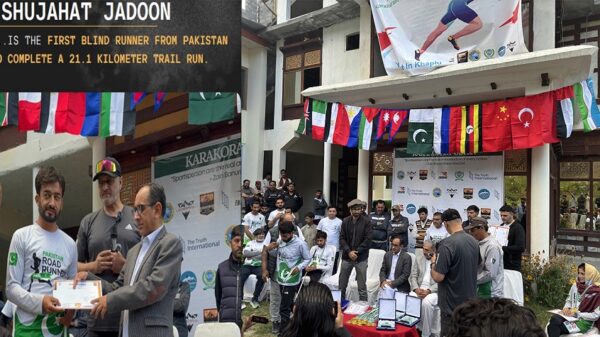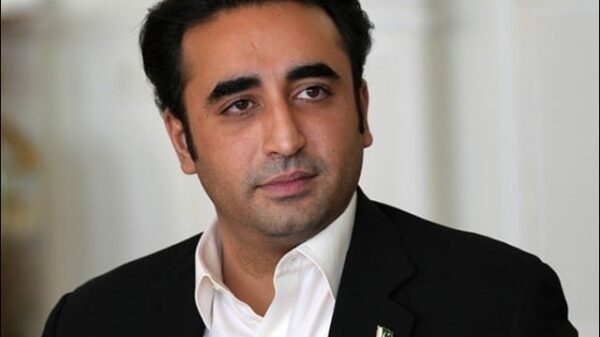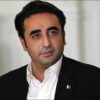The initial assessments by many including the Taliban that downplayed the threat of Islamic State in Khorasan Province (ISKP) may be about to fall by the wayside as recent developments suggest the Afghan affiliate of the Iraqi militant group is preparing to deploy the sectarian playbook it used in Iraq and Syria to devastating effect.
It all began on 28 August 2011 when Abu Obaidullah Mutawakil, a Salafi cleric in Kabul, mysteriously disappeared after a suicide bombing by Islamic State in Khorasan Province (ISKP) at Kabul Airport. A week later, his tortured body was found.
The Taliban were directly blamed for the killings, but they denied it. To this day, ISKP’s social media team blames the Taliban for the killings. People who are aware of the emerging conflict in Afghani- stan interpret the assassination of a Salafi scholar as a declaration of war against ISKP by the Taliban.
This is what happened after ISKP launched a series of attacks in Nangarhar and Kabul, killing several Taliban fighters. In retaliation, locals saw an increase of dead bodies dumped into different areas. The ISKP claimed that the Taliban had captured ISKP fighters and are now dumping their bodies. This has become a routine as every attack carried by ISKP is followed by the killing of a Salafi scholar or ISKP fighter.
Among those killed were Salafi Qari Rohullah from Nangarhar and Zahidullah, brother of Salafi scholar Maulvi Israr. Meanwhile, more than three dozens Salafi mosques in 16 Afghan provinces, including Kabul, Nangarhar, and Kunar, have been ordered closed.
Against these measures, there is currently some tension within Afghanistan between the Salafi and Deobandi schools of thought in the Sunni religious circles.
The Taliban have now launched a major operation against ISKP in Nangarhar and Kunar, and so far dozens of ISKP fighters have been killed. Some of those killed were from Central Asian states.
ISKP strongholds in Nangarhar, and especially in Kunar, are historically significant. Inspired by Salafi ideology in 1990, Sheikh Jameel-ur-Rehman declared jihad against the Mujahideen who had defeated Russia – although he had joined the jihad against Russia alongside the Gulbadin Hikmatyar led Hizb-e-Islami.
Sheikh Jameel-ur-Rehman then established a separate state within Afghanistan in the style of the existing Islamic State, calling it the “Islamic Emirate in Kunar”. Asadabad was declared the capital of this state. Sheikh Jameel-ur-Rehman formed a cabinet in the style of a regular central government that included health, education, finance, foreign, and defense ministers.
However, due to the Salafi ideology, he issued a fatwa of disbelief on the Mujahideen, prompting Hekmatyar to launch an armed operation against him. As a result of this war, Sheikh Jameel-ur-Rehman was forced to take refuge in Bajaur, a Pakistani territory adjacent to Kunar province of Afghanistan.
After settling down here, he also impressed Sufi Muhammad, the head of Tehreek-e-Nifaz-e-Shariat-e-Mohammadi (TNSM), with his Salafi thoughts. But his stay was brief. In August 1991, his opponents shot and killed Sheikh Jameel-ur-Rehman in Bajaur.
Even now, there are thousands of followers of Sheikh Jameel-ur-Rehman, as followers of the Salafi school of thought in Kunar, Nangarhar, Badakhshan, and the entire Khyber Pakhtunkhwa. Abu Obaidullah Mutawakil, who was killed in Kabul, was also one of the followers of Sheikh Jameel-ur-Rehman.
When the Taliban launched an offensive against ISKP in 2019 in various areas, including Nangarhar, Kunar, and Badakhshan, many fighters belonging to the Salafi school of thought were killed. Therefore, when the Taliban claimed in 2020 that they had eliminated ISKP in Afghanistan, the scholars of the Afghan Salafi Council led by Sheikh Abdul Aziz Nuristani met with the Taliban.
Hayatullah, the nephew of Sheikh Jameel-ur-Rehman, the founder of Salafi ideology in Afghanistan, was also present at that meeting. The clerics pledged allegiance to Afghan Taliban leader Sheikh Hebatullah Akhundzada.
According to the sources present in that meeting, it was necessary for the Salafi scholars because they feared that the Taliban would target them considering them ISKP recruiters.
Although the Taliban reassured them, what happened to them after the Taliban’s arrival confirmed their fears. Many Salafi scholars have gone underground since the assassination of Abu Ubaydullah Mutawakil. They include scholars such as Abdul Zahir Daai and Ustad Maroof Rasikh from Kabul and Sheikh Ahmad Shah and Sheikh Sardar Wali from Nangarhar province.
Many Salafi scholars in Afghanistan were hated by ISKP for their reasonable and balanced views and their refusal to align with ISKP in Afghanistan. Therefore, those who are close to the Afghan theater of war believe that this war is now about to take the form of an ideological war within the fighting forces that fought against foreign forces in the past.
In response to the Taliban’s full-scale operation, ISKP has started recruitment.
Their strategy is inciting revenge by condemning the operation as Taliban atrocities against the pious on the one hand and boosting morale by carrying out targeted attacks on the other.
Sources close to ISKP believe that, like the Ahl al-Hadith Salafi clerics, the central leadership of ISKP was expecting these actions from the Taliban. ISKP insiders believe that this was the reason why the central leadership sent Dr Shahab Al Mohajir as governor when the Afghan National Army and the Taliban launched operations against them in Nangarhar and Kunar.
As soon as he arrived, Al Mohajir ordered adoption of guerrilla warfare tactics to bedevil the concentrated attacking forces through kinetic operations by small sleeper cells spread over a wide area.
Following these orders, ISKP launched their operations in Kabul through sleeper cells based around the city. Likewise they carried out an attack on a Shiite mosque in Kunduz, in the extreme north of Afghani- stan bordering Tajikistan. The attacker was claimed as Mohammad Yughuri, a Chinese muslim.
The ISKP central leadership is fully aware of the Taliban’s strengths and weaknesses, sources said. The ISKP is currently carrying out propaganda, recruitment, and guerrilla warfare. That is why their first use of propaganda is highlighting the promises and manifesto of the Taliban movement and how the Taliban leadership is deviating from its cause.
In this way, the killing of the dying clerics is being exaggerated alleging that the Taliban are killing true Muslims to please the West. They are inflaming sectarian feelings by emphasising how the Taliban are safeguarding Iranian interests in Afghanistan.
As far as kinetic operations are concerned, ISKP intends to gradually move out of Nangarhar and Kunar and intensify operations in other parts of Afghanistan, such as Kabul and in Pakistan’s Khyber Pakhtunkhwa province itself.
ISKP believes that this will serve to divert the Taliban’s attention from Nangarhar and Kunar as well as assert the presence of ISKP in other areas of the country. It seems the real focus of ISKP right is now on recruitment. They have no shortage of weapons and resources other than human numbers.
As far as their training is concerned, it is the exact opposite of the Taliban training. Apart from innovation, it has been seen that their focus has been on urban warfare.
The Taliban, on the other hand, are trying to crush them by force. We can see that the results are what ISKP wanted. In the same way that ISIS has taken a sectarian path by targeting the Shiites population in Iraq and creating sectarian division, the Taliban actions are alienating the Ahl al-Hadith or Salafi Muslims.
The reaction of the locals and the Ahl al-Hadith to Abu Ubaidullah’s funeral was alarming. The speech delivered by Sheikh Khushal Khan Haleem was threatening in tone and tenor, although he did not name the Taliban.
On their part, the Taliban are denying their existence of ISKP and claiming it was formed with the support of the former Afghan government, all in the same breath. Taliban spokesman Zabihullah Mujahid has repeatedly said that ISKP does not exist in Afghanistan. But then the funeral of his mother was targeted with a suicide bombing claims by ISKP.
The Taliban currently face internal problems, both in terms of governance and security. They will be able to overcome both problems by brute force over the short run, but their long term prospects are not nearly as promising.
The Taliban do not seem to understand the problem of ISKP. They have an advantage at the moment and that is years-long war experience. A fundamental problem is that the Taliban know how to take on an entrenched power from out in the cold.
This time, however, the show is on the other foot. The Taliban are the entrenched power and the ISKP the warriors from out in the cold. They will have to realise the difference and master their new situation before they can take on the ISKP threat with any success. Before that, however, they have to figure the ideological underpinnings of the existence of ISKP.


